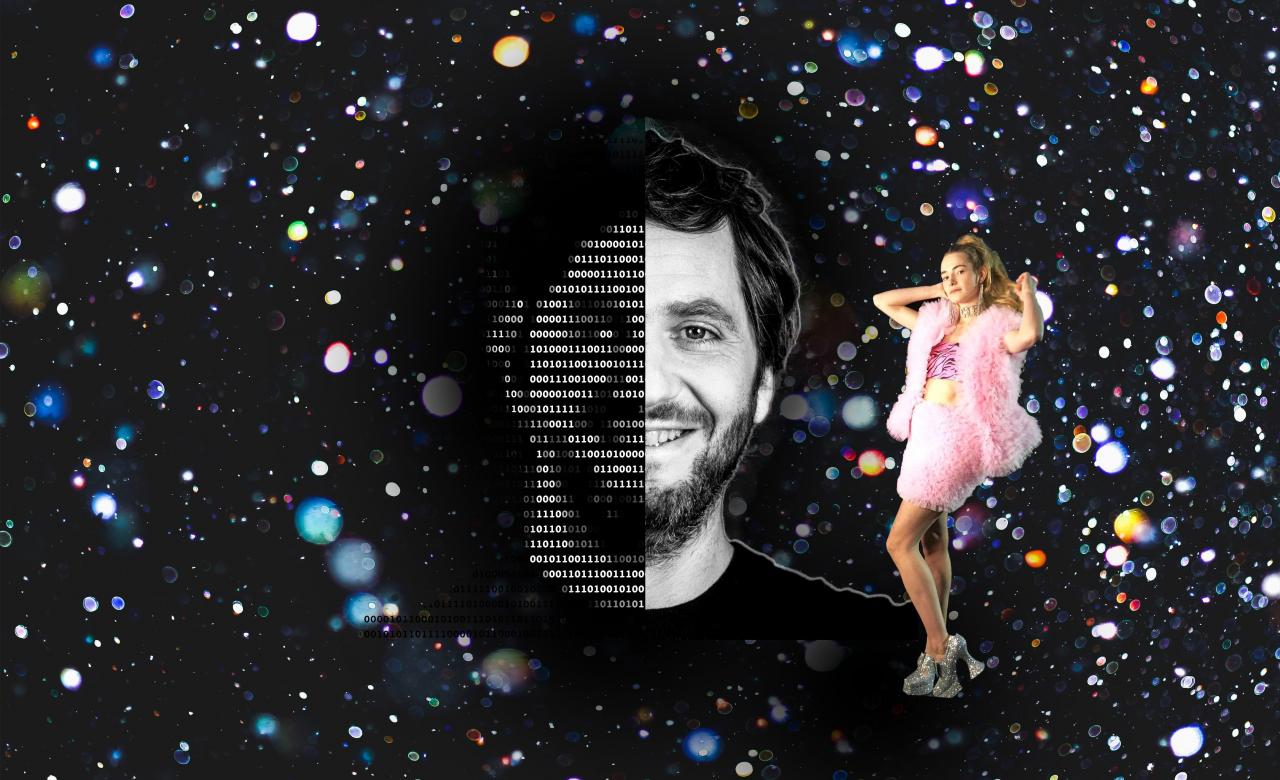

05.25.20
Uncanny Valley win first AI Song Contest
Thirteen teams from Europe and Australia have competed against each other in an AI Song Contest, utilising artificial intelligence in an attempt to create the next Eurovision classic.
The AI Song Contest is an online project organised by Dutch public broadcaster VPRO in collaboration with NPO Innovation and NPO 3FM, with teams given the task to “create the ultimate Eurovision hit with the help of artificial intelligence.”

Fans voted for their favourite from the entry pool of AI-generated tracks, with scores from three official judges added together with a public vote in order to find the winner. The jury included Vincent Koops, a composer and data scientist at RTL, Anna Huang, a leading AI researcher in music generation, and Ed Newton-Rex, Director of the AI lab at ByteDance.
Composer and AI researcher Koops read out the results on a live stream, announcing Uncanny Valley as the inaugural champion.
Uncanny Valley are an audio technology collective based in Sydney, established in 2010 by music and commerce specialist Charlton Hill and composer Justin Shave. Their track “Beautiful The World”, was inspired by nature's apparent recovery from the bushfires in Australia earlier this year.
The judges also looked favourably on the competition’s runner-up, Germany's entry from Dadabots x Portrait XO, (recently featured in LoudlyMAG). The German team fed Eurovision songs from the 1950's into a custom neural network, additionally working to create an AI video to accompany the track.
After the contest, the judges released a statement, “We see teams embracing this unpredictableness, listening up close and finding inspiration that in some cases fuelled the whole story of the song. We see teams leveraging the firehose of ideas that machine learning generates, which often requires you to listen to a massive number of samples before you find your gem. Some teams approached this problem by creating another model that evaluates and ranks the machine learning output for them, while also being sensitive to the ethical implications of using AI in songwriting.
“We are encouraged to see teams who might not have as much musical experience before find their musical voice through the use of AI. Overall, we were delighted by the diversity and collaboration within teams, whose members not only pushed the boundaries of their personal creativity, but also gave the audience a look into the exciting future of human-AI co-creativity in music.”
Image from VPRO.
Subscribe to our newsletter
for all the latest Loudly news.




